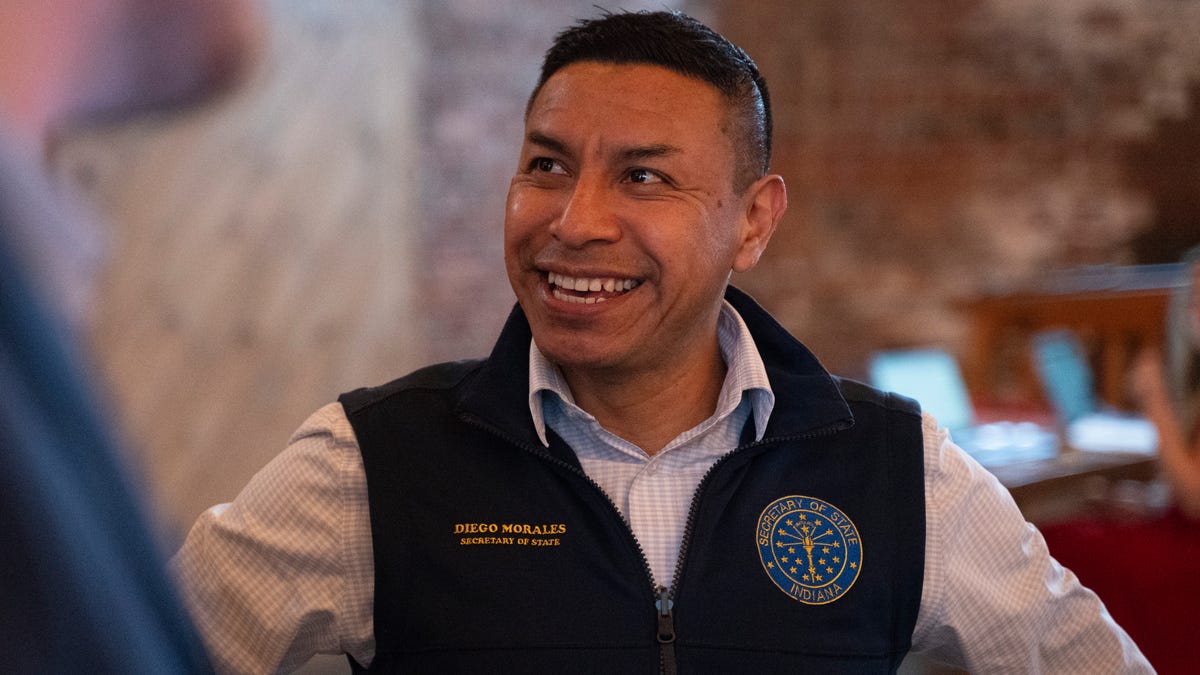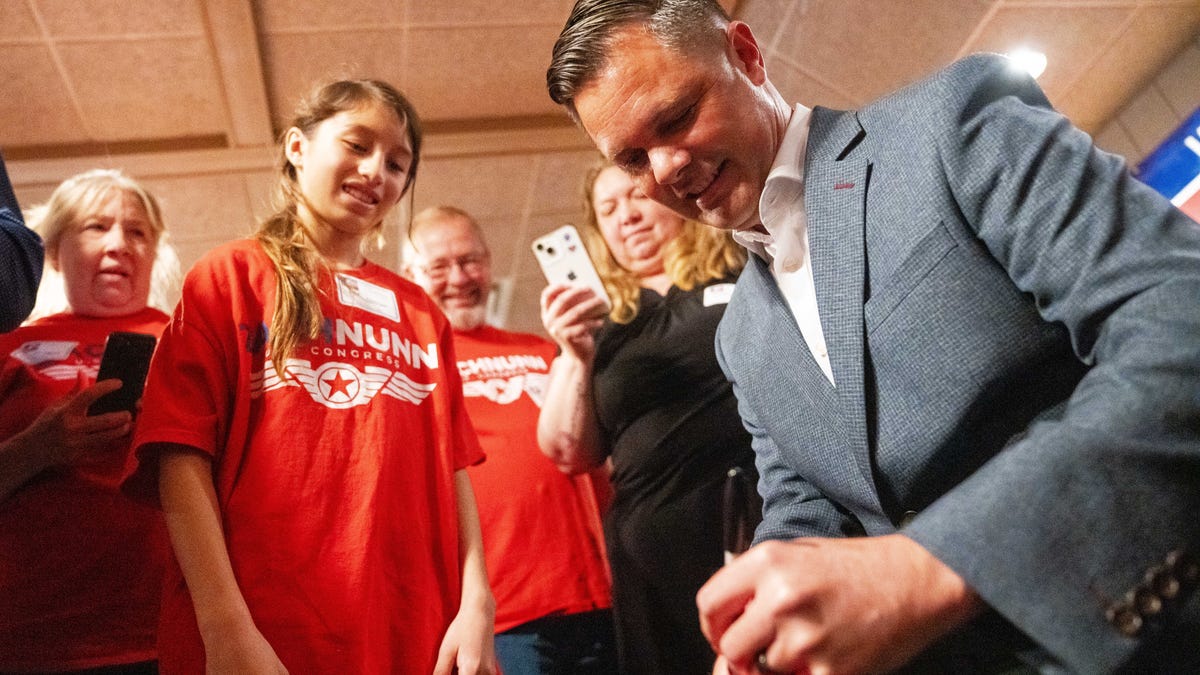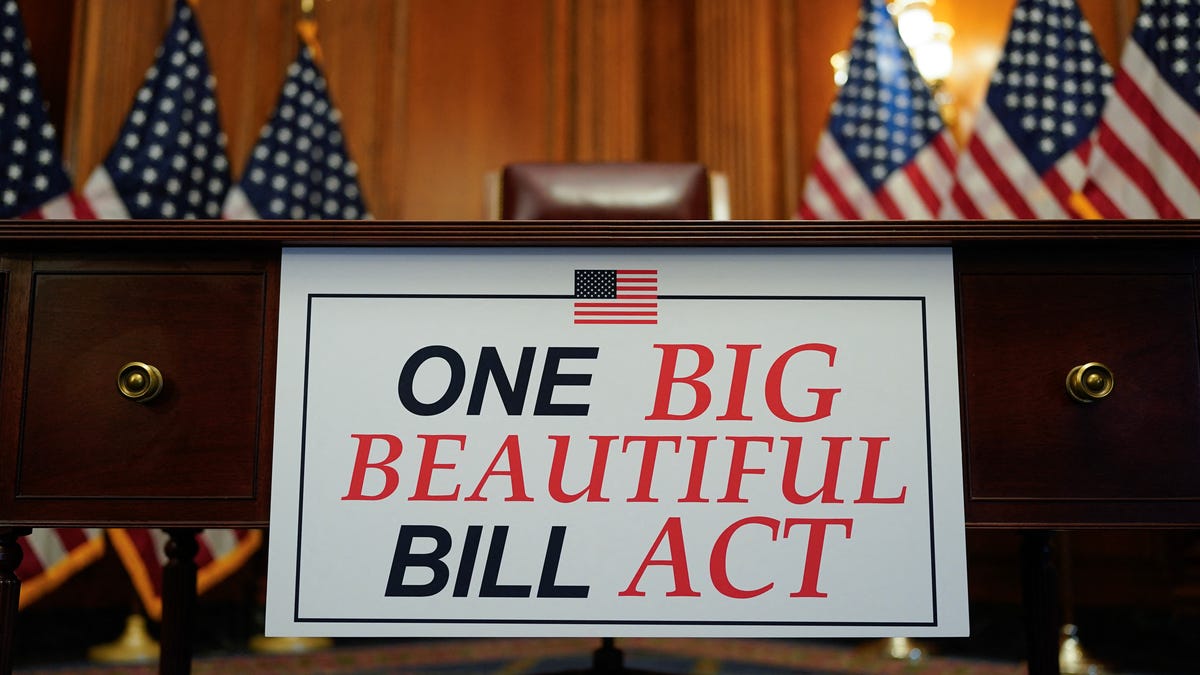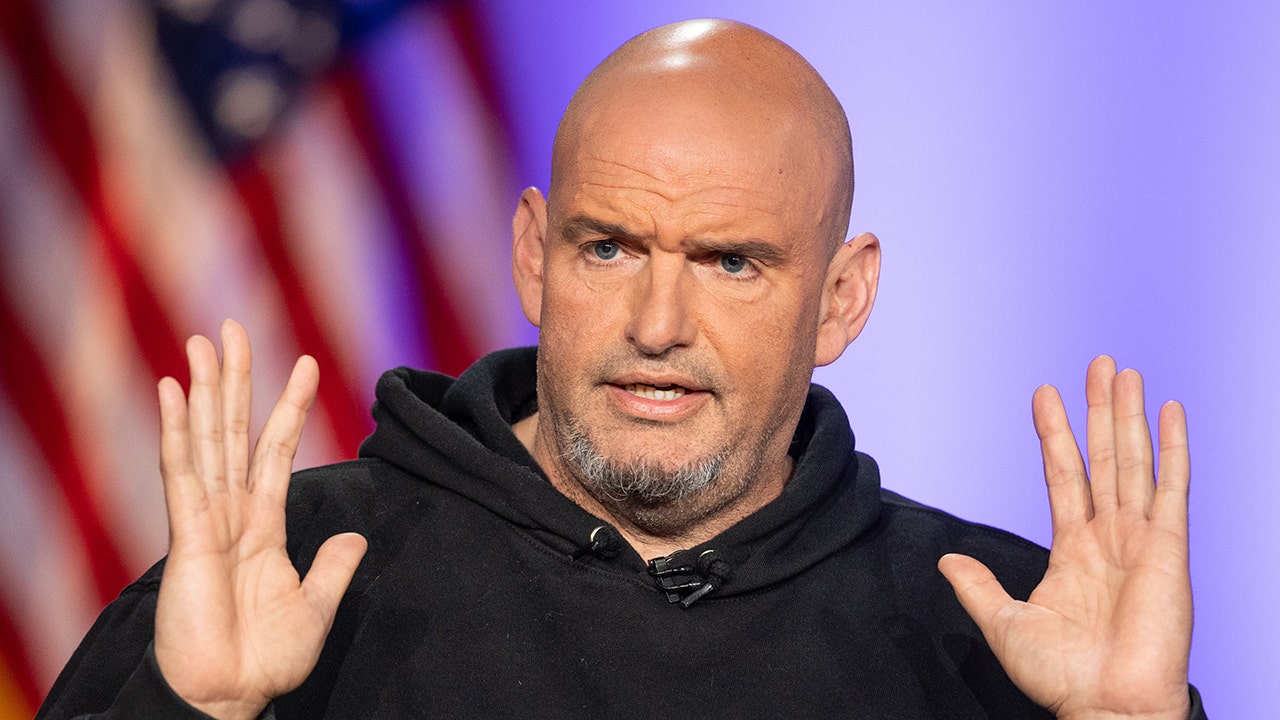World
For U.S. and China, a Risky Game of Chicken With No Off-Ramp in Sight

A whopping increase in tariffs, followed by a whopping retaliation. Nationalist Chinese bloggers comparing President Trump’s levies to a declaration of war. China’s Foreign Ministry vowing that Beijing will “fight to the end.”
For years, the world’s two biggest powers have flirted with the idea of an economic decoupling as tensions between them have risen. The acceleration this week of their trade relationship’s deterioration has made the prospect of such a divorce seem closer than ever.
That was underscored on Wednesday when China announced an additional 50 percent tariff on U.S. goods, matching new American levies that had taken effect hours earlier. China also struck at American companies, imposing export controls on a dozen of them and adding six others to a list of “unreliable entities,” preventing them from doing business in China.
China’s new tariffs, which will take effect on Thursday, mean all American goods shipped to China will face an additional 84 percent import tax. On Wednesday afternoon, Mr. Trump retaliated, raising tariffs on Chinese exports to 125 percent. Both figures would have been unimaginable a few weeks ago.
With China’s top leader, Xi Jinping, and Mr. Trump locked in a game of chicken — each unwilling to risk looking weak by making a concession — the trade fight could spiral even further out of control, inflaming tensions over other areas of competition like technology and the fate of Taiwan, the self-governing island claimed by Beijing.
Mr. Trump’s bare-knuckle tactics make him a singular force in U.S. politics. But in Mr. Xi, he faces a hardened opponent who survived the turmoil of China’s late-20th-century political purges, and who views the United States’ competitive tactics as ultimately aimed at subverting the ruling Communist Party’s legitimacy.
“Trump has never gone into a back-alley brawl where the other side is willing to brawl and use the same kind of tactics as him,” said Scott Kennedy, a senior adviser at the Center for Strategic and International Studies, a Washington think tank. “For China, this is about their sovereignty. This is about the Communist Party’s hold on power. For Trump, it might just be a political campaign.”
China’s economy, which was already in a vulnerable state because of a property crisis, now faces the specter of a global recession and a devastating slowdown in trade, its defining industry and main driver of growth. In a sign of Beijing’s growing unease, Chinese censors appeared to be blocking social media searches of hashtags that referred to the number 104, as in the size of the American tariffs before Mr. Trump’s latest announcement.
“This is a huge shock to the China-U.S. economic relationship, like an earthquake,” Wu Xinbo, the dean of the Institute of International Studies at Fudan University in Shanghai, said of the tariffs imposed on Wednesday. “It remains to be seen if this is temporary turmoil or a long-term unavoidable trend.”
To be sure, a U.S.-China decoupling is still far from becoming reality. Chinese and American companies like TikTok and Starbucks are both still entrenched in each other’s countries. And Chinese banks remain hitched to the U.S. dollar-dominated financial system.
China and the United States are still at the brinkmanship stage, Mr. Kennedy said, each trying to force the other to offer a deal on bended knee. But the spat could become more dangerous if the Trump administration goes after Chinese financial institutions — for instance, by rescinding the licenses of Chinese banks in the United States or booting them off the international payments system Swift.
In pushing back against Mr. Trump’s moves, Beijing has cast itself as a victim of unfair American trade practices and protectionism. The irony is that China has done the same, if not worse, over the decades by limiting foreign investment and subsidizing Chinese firms.
Mr. Xi himself has made no direct comment about the latest U.S. tariffs. On Wednesday afternoon, though, shortly after they took effect, Chinese state media announced that he gave a speech in a meeting with the other six members of the Politburo Standing Committee, the apex of power in China, as well as other top officials. In it, Mr. Xi called on officials to bolster ties with China’s neighbors and “strengthen industrial and supply chain cooperation.”
A spokesman for China’s Foreign Ministry, Lin Jian, did address the new tariffs, saying on Wednesday that China would “never accept such arrogant and bullying behavior” and would “definitely retaliate.” The new tariffs were announced hours later.
Any fracture between the Chinese and American economies will be felt across the world. Business was the bedrock of the bilateral relationship for nearly five decades. Without it, their engagement on other global issues, like security, climate change and future pandemics and financial crises, would likely stall.
China has tried to downplay its vulnerability to the economic chaos unleashed by the Trump administration. It says it has reduced its reliance on U.S. markets for its exports and that its economy is getting more self-sufficient, especially when it comes to developing homegrown technologies.
But that papers over serious problems in the Chinese economy, which has been largely stagnant because of a collapse in the property market. Moreover, Mr. Trump’s assault on the global trading system, which includes targeting countries like Vietnam where Chinese companies had opened factories to circumvent earlier U.S. tariffs, strikes at the core of one of China’s only current economic bright spots.
The fallout from the trade disruption will hurt the United States, which relies on China for all sorts of manufactured goods, but will do more damage to China, said Wang Yuesheng, the director of the Institute of International Economics at Peking University.
“The impact on China is mainly that Chinese products have nowhere to go,” Mr. Wang said. That will ravage export-oriented companies making things like furniture, clothing, toys and home appliances along China’s eastern seaboard, which largely exist to serve American consumers.
“These companies will be hit very hard,” Mr. Wang said.
The threat to China’s exports compounds the challenging task of bringing back foreign investment, which has undergone an exodus since the Covid pandemic and the introduction of strict national security laws that made doing business in China increasingly difficult.
Mr. Xi has tried to woo foreign investors back, hosting a group of executives from overseas last month in Beijing. In a speech, he said China’s development was owed not only to the leadership of the Communist Party, but to the “support and help of the international community, including the contributions made by foreign-funded enterprises in China.”
Beijing’s strategy now is to push back at the United States and hope that Mr. Trump succumbs to domestic pressure to reverse course, said Evan Medeiros, a professor of Asian studies at Georgetown University who served as an Asia adviser to President Barack Obama.
“They know that if they give in to pressure they will get more pressure,” he said. “They will resist it with the belief that China can withstand more pain than they can.”
Until then, China’s leaders appear to be girding the country for a protracted fight. One sign: Influential bloggers have been allowed to weigh in on the crisis and suggest other ways to retaliate against the United States.
One of them, Ren Yi, a Harvard-educated Chinese blogger who goes by the pen name “Chairman Rabbit,” listed six potential countermeasures, including restrictions in China on U.S. service businesses like law firms and consultancy companies; cutting imports of American poultry and soybeans; and ending cooperation with Washington on reducing the flow of fentanyl into the United States.
“The trade war,” he wrote, “is not simply an economic friction but a ‘war without smoke.’ This must be understood from that perspective.”
Vivian Wang contributed reporting from Beijing and Keith Bradsher from Guangzhou, China. Claire Fu contributed research from Seoul and Siyi Zhao from Beijing.

World
As Superman Hits Theaters, James Gunn Is Reportedly Eyeing at Least Two TV Spinoffs

You will be redirected back to your article in seconds
ad
World
Missing teen surfer found alive on remote island miles from shore: 'Didn't give up hope'
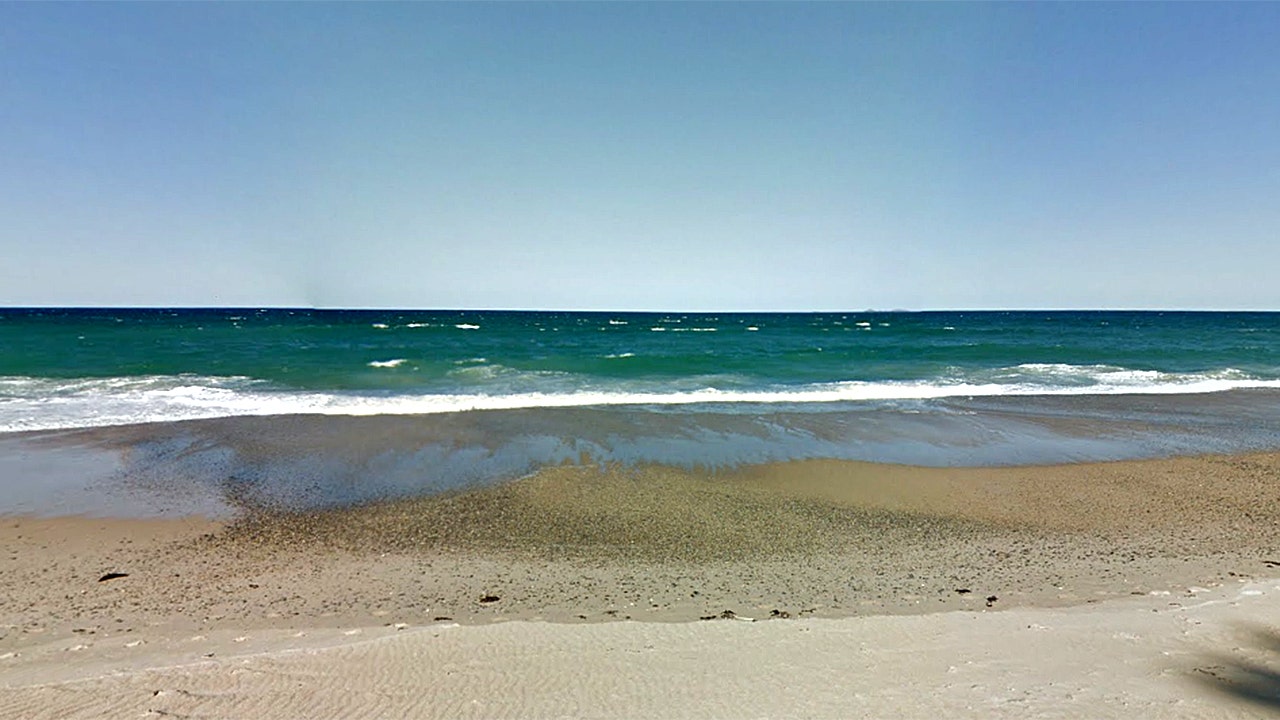
NEWYou can now listen to Fox News articles!
A surfer who went missing after paddling out in the ocean Wednesday afternoon was located the next day on a remote island roughly 8 miles from where his bicycle and clothes were found at a beach access point in New South Wales, Australia.
The New South Wales Police Force said in a news release Thursday morning the 19-year-old man, later identified as surfer Darcy Deefholts, had been located after being swept away and going missing the day before.
Police said Deefholts left his home in Wooli on a bicycle at about 2:30 p.m. Wednesday toward Wooli Beach.
After failing to return home, concerned family members contacted police, and a search on land and sea commenced around Wooli Beach.
AT LEAST 2 DEAD, 43 MISSING AFTER FERRY SINKS NEAR BALI
An Australian surfer who went missing Wednesday was found Thursday on an island nearly 8 miles from shore. (Google Maps)
The next morning, Deefholts was located safely on a small island called North Solitary, about 8 miles southeast of Wooli Beach.
The Australian Broadcasting Corporation (ABC) reported Darcy’s father, Terry Deefholts, could not believe the news Darcy had been found at about 9 a.m. Thursday.
“It’s kind of surreal. I was at the point of thinking the absolute worst,” Terry Deefholts told the station. “I didn’t give up hope, but, jeez, I was close.”
Earlier in the day, the teenager was seen riding his bike around town and fishing at the Wooli breakwall.
Family members became concerned Wednesday night after Darcy’s clothes and bicycle were located at a beach access point in Wooli, just east of Grafton.
AMERICAN TOURIST VANISHES IN TROPICAL PARADISE AFTER EARLY MORNING WALK FROM VACATION RENTAL
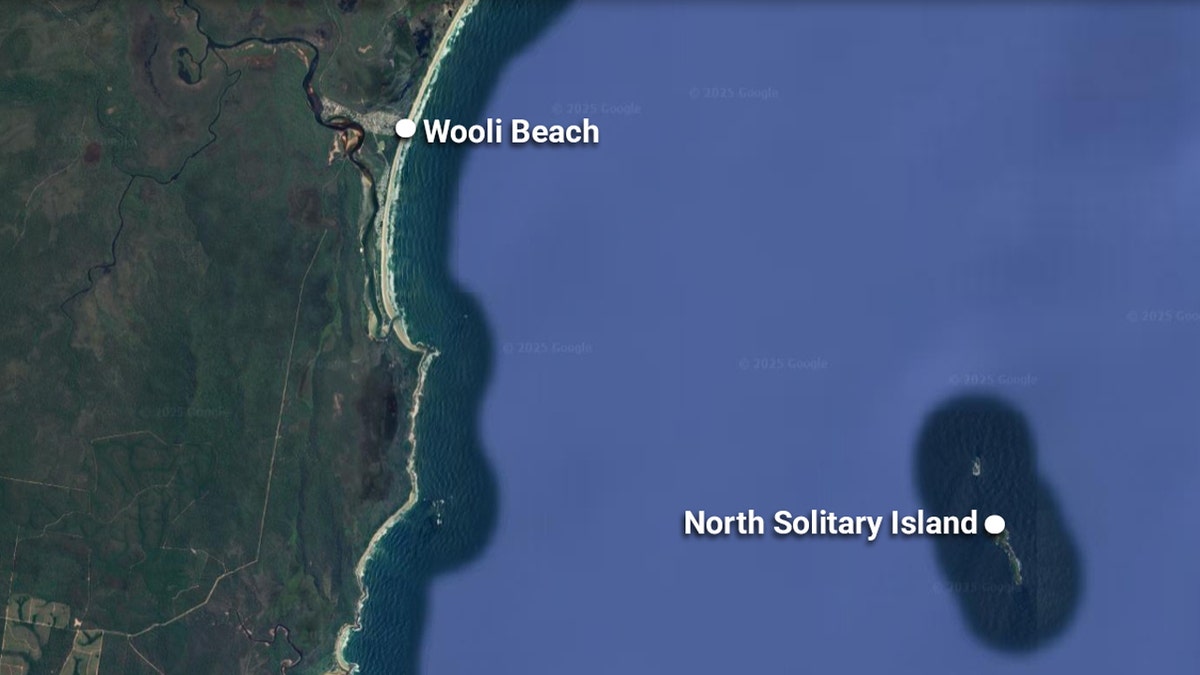
An Australian surfer who went missing Wednesday was found on an island nearly 8 miles away off the coast of Wooli Beach in New South Wales July 10, 2025. (Google Earth)
Melissa Smith, a family member, told the station Darcy likely went out too far on his surfboard and could not get back to shore.
“He’s a survivor, a strong boy. He would have known that was a safe place, I guess,” she said.
ABC reported that family members believed Darcy had a Malibu surfboard with him, though his smartwatch and cellphone were left at home in Wooli.
Search efforts continued through about 1 a.m. Thursday and commenced at first light.
FREAK ACCIDENT AT THE BEACH SENDS TEEN TO ICU AS MOM WARNS OF WATERFRONT DANGER

Police joined search efforts after a 19-year-old surfer went missing at Wooli Beach in New South Wales, Australia. (iStock)
Thursday morning’s efforts included six private vessels and a Marine Rescue team, though what was puzzling to some was how calm the sea conditions were and the small amount of wind and swell.
“There is a fair bit of current running north to south further out, so I suspect he has ended up in [a] current and drifted south,” Marine Rescue skipper Matthew McLennan told ABC.
Later that morning, one of the search crews found Darcy and reported that he was cold and suffering from exposure, though he was not injured.
Darcy was transported to a nearby hospital after returning to shore.
A spokesperson from the local health district in Northern New South Wales said in a statement obtained by the station that Darcy was in stable condition and “in good spirits and being supported by family.”
World
New amnesty law for human rights abuses in Peru prompts fury, action

Lawyers for victims of human rights abuses committed during Peru’s decades-long armed conflict have pledged to appeal to international bodies to overturn a law passed by the country’s Congress, which would grant amnesty to prosecuted military and police members, as well as other forces.
“We’re not only going to the domestic arena to seek its invalidation, but we’ve already taken some action at the international level,” lawyer Gloria Cano, director of the Pro Human Rights Association, said during a news conference on Thursday.
A congressional commission on Wednesday approved the bill granting amnesty to members of the armed forces, national police and local self-defence committees, said legislator Alejandro Cavero, third vice president of the country’s Congress.
Cano also said her association had already alerted the Inter-American Commission on Human Rights and Inter-American Court of Human Rights, and planned to go to the United Nations, as well.
After the Peruvian Congress passed the bill, Volker Turk, the UN’s national human rights coordinator, said on X that “impunity does not hide the crime, it magnifies it.”
Amnesty International earlier urged the legislature to side with victims and reject the bill. “The right to justice of thousands of victims of extrajudicial executions, forced disappearances, torture, and sexual violence would be violated,” the rights group said on X.
A coalition of human rights organisations in Peru said the new law could wipe out 156 convictions and another 600 cases that are being prosecuted.
The law, which awaits President Dina Boluarte’s approval, benefits uniformed personnel who were accused, are still being investigated or are being tried for crimes stemming from their participation in the country’s armed conflict from 1980 to 2000 against left-wing rebels. Boluarte has not made any comment on the amnesty, even before its passage.
The bill was presented by Congressman Fernando Rospigliosi, from the right-wing Popular Force party of Keiko Fujimori, daughter of the late former leader Alberto Fujimori.
Fujimori’s decade as president from 1990 was marked by ruthless governance.
He was jailed for atrocities – including the massacre of civilians by the army – but released from prison in 2023 on humanitarian grounds.
The new law specifies that a humanitarian amnesty will be granted to people more than 70 years old who have been sentenced or served a prison sentence.
Critics have warned that the legislation would hinder the search for truth about the period of violent conflict, which pitted state forces against Shining Path and Tupac Amaru rebels, and killed about 70,000 people.
“Granting amnesty to military and police officers cannot be a reason for impunity,” Congressman Alex Flores of the Socialist Party said during debate on the bill.
There have been numerous attempts in recent years to shield the military and police from prosecution in Peru for crimes committed during the conflict – but opponents of amnesty have found success before at international bodies.
The Inter-American Court of Human Rights has at least twice previously declared amnesty laws in Peru invalid for violating the right to justice and breaching international human rights standards.
Human rights advocates believe that Peru’s membership of the Inter-American System of Human Rights and the obligations this entails make the amnesty law unconstitutional.
Amnesty laws passed in 1995 in Peru shielded military and police personnel from prosecution for human rights abuses committed during the conflict, including massacres, torture, and forced disappearances.
Peru’s Truth and Reconciliation Commission found that the majority of the conflict’s victims were Indigenous Peruvians caught between security forces and the Shining Path. It also found that there are more than 4,000 clandestine graves across the country as a result of the two decades of political violence.
In August 2024, Peru adopted a statute of limitations for crimes against humanity committed before 2002, shutting down hundreds of investigations into alleged crimes committed during the conflict.
The initiative benefitted the late Fujimori and 600 prosecuted military personnel.
-

 Business1 week ago
Business1 week agoSee How Trump’s Big Bill Could Affect Your Taxes, Health Care and Other Finances
-

 Culture1 week ago
Culture1 week ago16 Mayors on What It’s Like to Run a U.S. City Now Under Trump
-

 Politics6 days ago
Politics6 days agoVideo: Trump Signs the ‘One Big Beautiful Bill’ Into Law
-

 Science1 week ago
Science1 week agoFederal contractors improperly dumped wildfire-related asbestos waste at L.A. area landfills
-

 News1 week ago
News1 week agoVideo: Who Loses in the Republican Policy Bill?
-
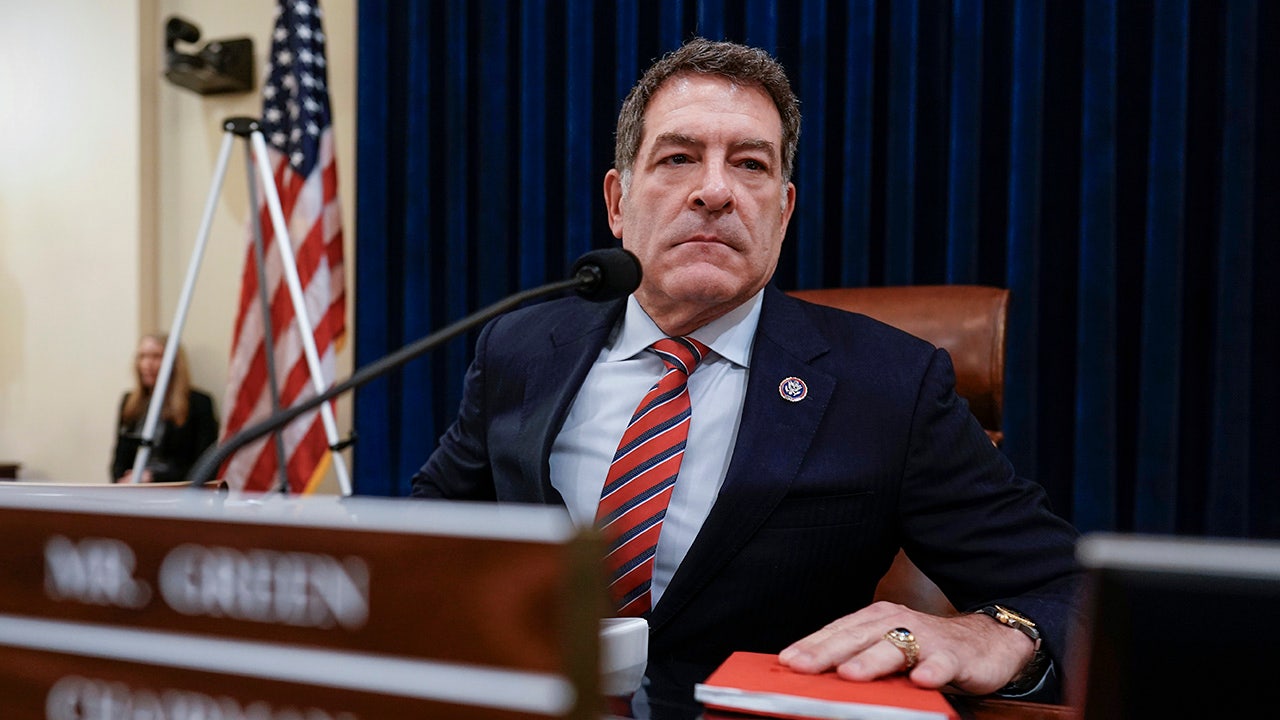
 Politics1 week ago
Politics1 week agoCongressman's last day in office revealed after vote on Trump's 'Big, Beautiful Bill'
-

 Technology1 week ago
Technology1 week agoMeet Soham Parekh, the engineer burning through tech by working at three to four startups simultaneously
-

 World6 days ago
World6 days agoRussia-Ukraine war: List of key events, day 1,227
